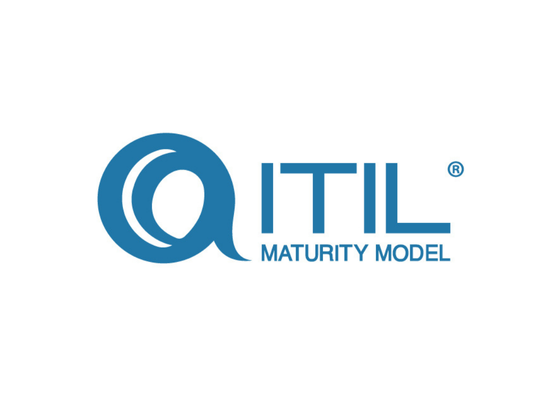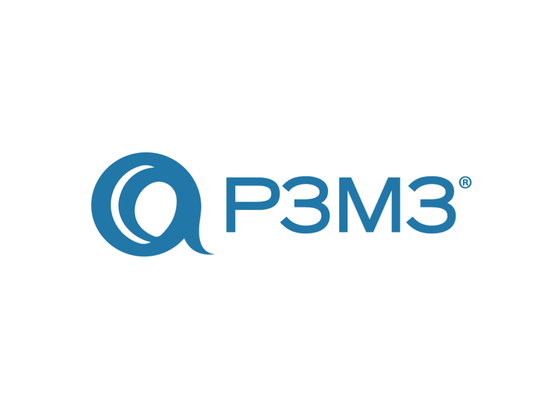Businesses are increasingly reliant on a multitude of services from diverse providers to meet their operational needs. From cloud computing and software as a service (SaaS) to logistics and supply chain management, organisations often opt for a mix of providers to optimise costs, access specialised expertise, and enhance flexibility. While this approach offers numerous benefits, it also introduces a host of risks that organisations must navigate to ensure smooth operations and safeguard their interests.
One of the primary risks associated with orchestrating services from diverse providers is the potential for security breaches and data vulnerabilities. Each service provider may have its own security protocols, standards, and practices, leading to inconsistencies and gaps in overall security posture. Weaknesses in any one provider's infrastructure or practices can compromise the entire ecosystem, exposing sensitive data to unauthorised access, data breaches, or cyberattacks.
Moperate under varied regulatory frameworks, making it challenging for organisations to maintain compliance across all aspects of their operations. Failure to adhere to applicable regulations can result in hefty fines, legal penalties, and damage to reputation.
Additionally, dependency on multiple service providers increases the risk of operational disruptions and service outages. Any disruptions or failures in one provider's services can cascade across the organisation, leading to downtime, decreased productivity, and revenue loss.
Furthermore, managing relationships with diverse service providers can present challenges in terms of communication, coordination, and alignment of goals and expectations. Misunderstandings, conflicts of interest, or discrepancies in service levels can strain partnerships and hinder collaboration, ultimately impacting the organisation's ability to deliver value to its customers.
To address these risks effectively, organisations must adopt a comprehensive approach to managing their ecosystem of service providers. Service Integration and Management (SIAM) serves as the linchpin that unifies disparate services under a single, integrated management function.
SIAM offers a holistic approach to addressing the risks associated with orchestrating services from diverse providers. SIAM provides a structured framework for integrating and coordinating multiple service providers, enabling organisations to establish clear lines of communication, collaboration, and accountability. By implementing SIAM principles, organisations can enhance security by enforcing consistent security standards and practices across all service providers, mitigating the risk of data breaches and cyberattacks.
Moreover, SIAM facilitates compliance management by ensuring that all service providers adhere to relevant regulatory requirements and industry standards, thereby reducing the organisation's exposure to legal and regulatory risks.
SIAM also sations minimise the impact of operational disruptions and service outages by establishing robust governance mechanisms, service level agreements (SLAs), and performance metrics. By centralising oversight and control of the service ecosystem, SIAM enables organisations to proactively identify and address potential issues, improve service quality, and enhance overall resilience.
For organisations seeking to navigate the complexities of orchestrating services from diverse providers and effectively manage their service ecosystem, ITSM Hub offers comprehensive SIAM courses. These courses provide invaluable insights, strategies, and best practices for implementing successful service integration and management practices, empowering organisations to optimise their service delivery, enhance security, ensure compliance, and drive business value.
With ITSM Hub's SIAM courses, organisations can equip their teams with the knowledge and skills needed to excel in today's dynamic and interconnected digital landscape, enabling them to stay ahead of the curve and achieve their strategic objectives with confidence. Visit the SIAM training page for more details about the courses available.























